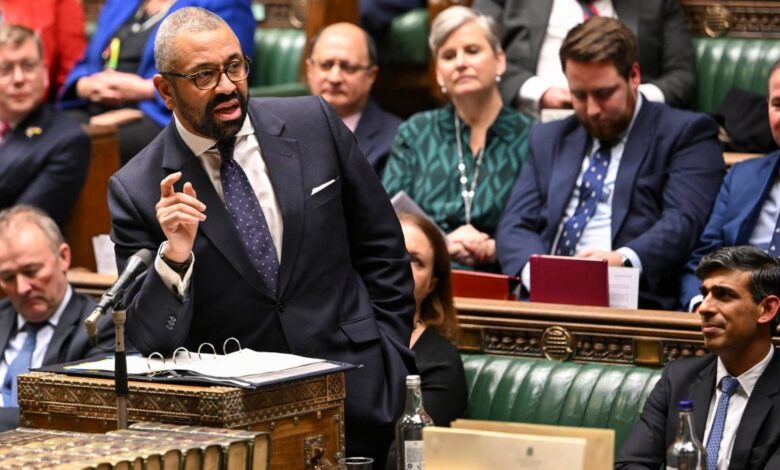Government pledges unwavering support for modern slavery victims for 12 months

Government Under Fire for Withdrawing Support Pledge to Modern Slavery Victims
Ministers are facing criticism after reneging on their promise to provide 12 months of support to victims of modern slavery. Last year, the Government pledged to extend support for victims who had undergone formal modern slavery identification for a guaranteed 12 months. This commitment included providing counseling, accommodation, and subsistence for victims of human trafficking, forced labor, and child slavery. The Home Office assured the House of Commons of its commitment to tailored support for a minimum of 12 months for those in need, but this pledge has been shelved, sparking controversy and division among Tory MPs.
The U-Turn on Support
The decision to withdraw the 12-month support commitment has raised concerns about the treatment of modern slavery victims. While the Home Office can still offer support on a case-by-case basis, there is no legal obligation to provide support for any specific length of time. This move is contrary to the promised policy that would have ensured support for victims for at least 12 months. Recent statistics reveal that the Home Office only provides all requested support to modern slavery survivors in 19% of cases, highlighting the urgency of the situation.
Understanding Modern Slavery
Modern slavery encompasses various forms of exploitation, including human trafficking, forced labor, debt bondage, descent-based slavery, child slavery, forced and early marriage, and domestic servitude. These exploitative practices violate the fundamental human rights and dignity of the victims, subjecting them to physical, psychological, and emotional trauma. The withdrawal of pledged support has left experts warning about the adverse impact on victims and the absence of essential advice and accommodation.
Criticism and Calls for Action
The government’s U-turn on support for modern slavery victims has been met with widespread criticism. Advocates and lawmakers are urging the Home Office to devise a comprehensive plan to safeguard the wellbeing of survivors and prevent further exploitation. Liberal Democrat home affairs spokesperson Alistair Carmichael MP emphasized the importance of providing continuous support, not only for recovery but also to reduce the risk of re-trafficking. The need for real action and accountability from the Home Office has been underscored in the wake of this controversial decision.
Impact on Victims
Victims of modern slavery face severe challenges, and the withdrawal of support has compounded their distress. The scrapping of the Places of Safety scheme, which was designed to offer immediate support to survivors upon their rescue, has left many vulnerable individuals without critical assistance. The lack of support exacerbates the mental and emotional anguish experienced by survivors, illustrating the detrimental consequences of the government’s decision.
Conclusion
The government’s reversal of its commitment to providing 12 months of support to victims of modern slavery has sparked outrage and concern. The impact on survivors, coupled with the absence of crucial initiatives like the Places of Safety scheme, underscores the need for a more robust and compassionate approach to addressing modern slavery. As the debate continues, there is a growing call for decisive action to ensure that victims receive the comprehensive support they urgently require.




